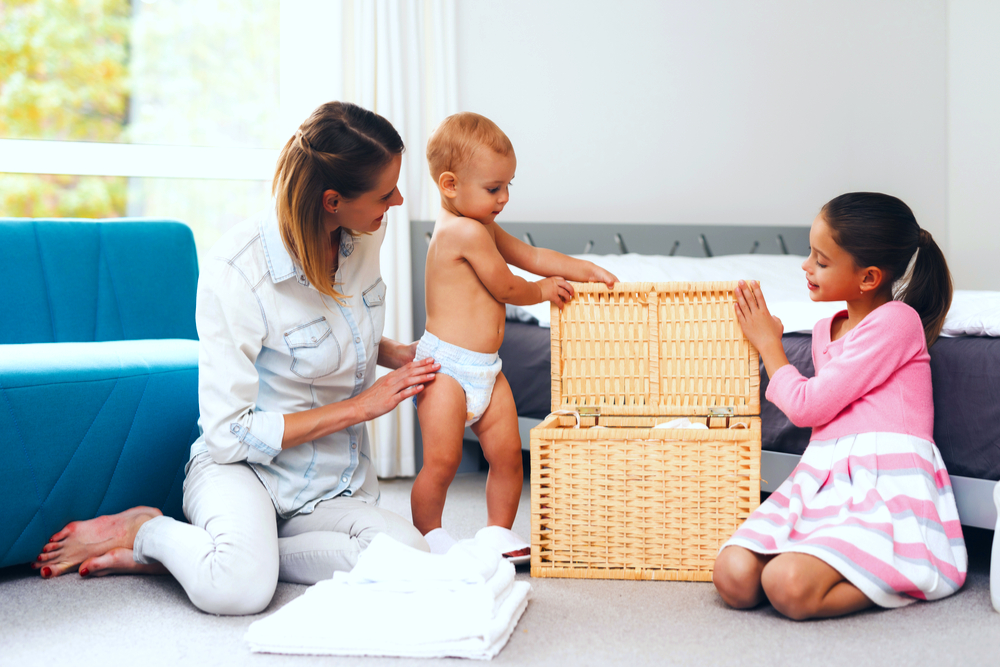
If you know anyone who’s ever detoxed from drug addiction, you know that “cleaning out” the body is hardly a pleasant experience. And it’s not only the actual detox that’s a problem: post-detox life often feels painfully unnatural for months. With the old coping mechanism gone, what’s left is the sort of vacuum that nature abhors—and old habits watching for an opportunity to rush back into that vacuum. The only defense is a relapse-prevention plan that substitutes healthier coping mechanisms—and reinforces them through practice and accountability.
“Our Lives Are Empty”
Parents who have recently decluttered their homes—or shaken off unhealthy parenting practices such as demanding or nagging—can learn from detox-without-relapse principles.
- Recognize that in an affluent society, staying decluttered is a lifelong journey. When the closets are freshly emptied and the last of the donations hauled away, it’s just the beginning. Before long, new gifts will arrive, new advertisements will extoll things every child has to have—and unless you plan in advance and stay on guard, the “plenty of room” you now have will become one more excuse for mindlessly letting fresh clutter pile up.
- Designate certain areas (or percentages) of rooms/drawers/closets as “open space,” where nothing is to be left or hung. Hang up a family manifesto extolling the advantages of having room to move, breathe, and just relax the eyes.
- Make staying decluttered a family project. Enlist everyone, even preschoolers, in protecting open spaces and helping other family members think twice before bringing in new “stuff.”
- Rather than dwelling on “can’t have this/can’t have that,” emphasize the benefits of a clutter-free lifestyle.
- Brainstorm a checklist of points that everyone must consider before buying or requesting anything new (e. g., the space it’ll take up vs. the likelihood of its actually being used). If you want to go all out, set a house rule that for every item purchased or every gift received, an existing possession must be given to charity.
- Busy yourselves with projects or hobbies that relate to individual passions and don’t involve accumulation. Many people shop nonstop from sheer boredom.
- You can also save physical space by putting important information in electronic files and by keeping “sentimental-value” photos instead of the actual items. But be careful: computers get cluttered too!
Note to Teachers
If your classroom is cluttered with out-of-date resources, used papers, broken toys, and personal items that belong at home—why not plan a Decluttering Week with daily lessons on clutter and overload, working up to a Decluttering Day where everyone clears out their own desks and then pitches in on communal areas? Don’t forget a post-declutter debriefing to discuss how everyone felt about and learned from the project—and how you will all keep the classroom clutter-free in the future.
A SCHOOL THAT KNOWS ITS PRIORITIES
If you don’t want your child’s school experience cluttered with overemphasis on standardized tests—at the expense of important life skills—Shady Oak Primary School may be what you’re looking for. Our active, child-centered learning program teaches more than what kids need to know: they practice doing what’s needed for success and personal impact. We focus on individualized yet collaborative programs, real-world experience, and instructing the whole child. Contact usto learn more!
Blessings to parents and children of all ages!


